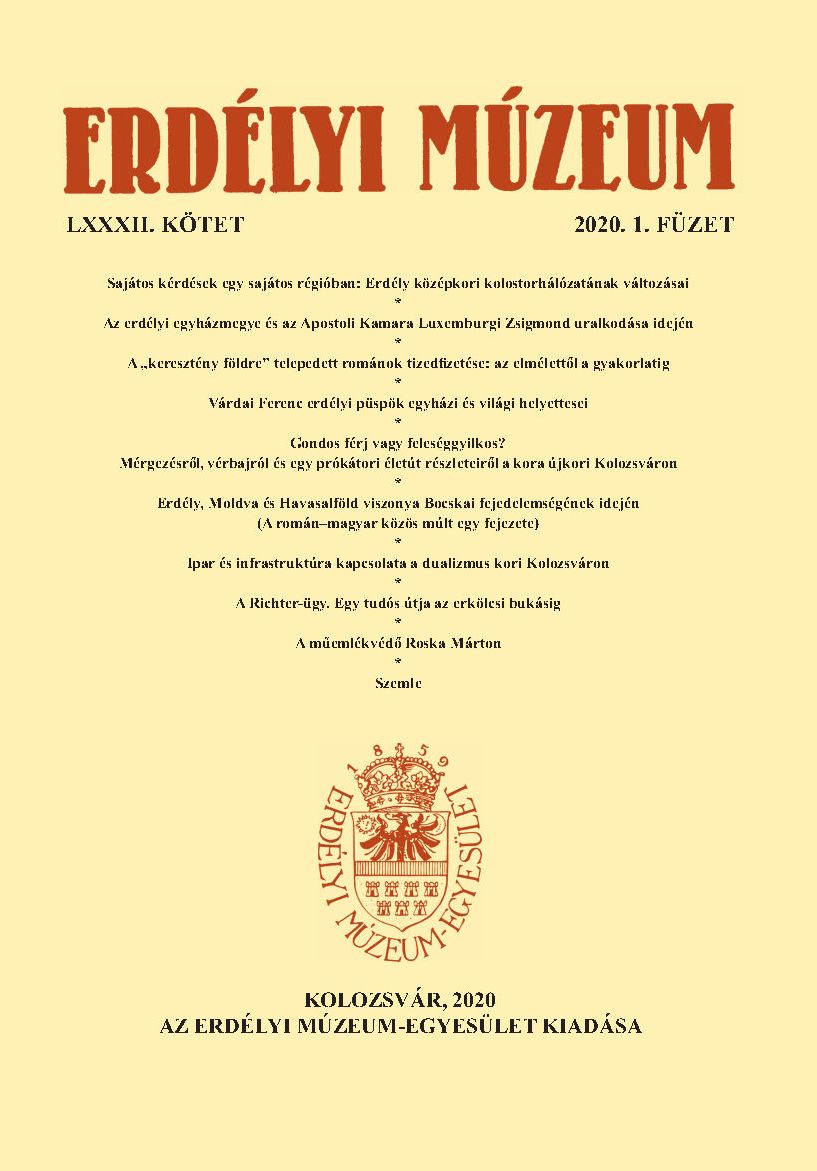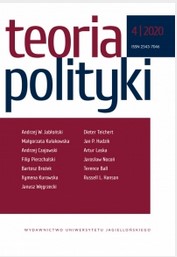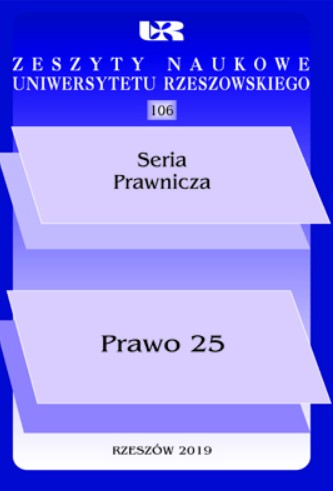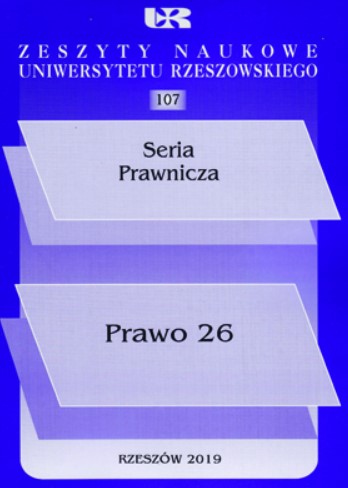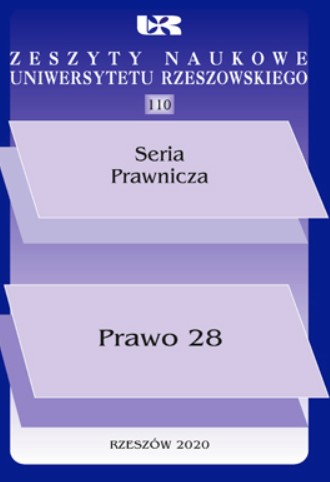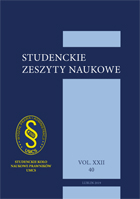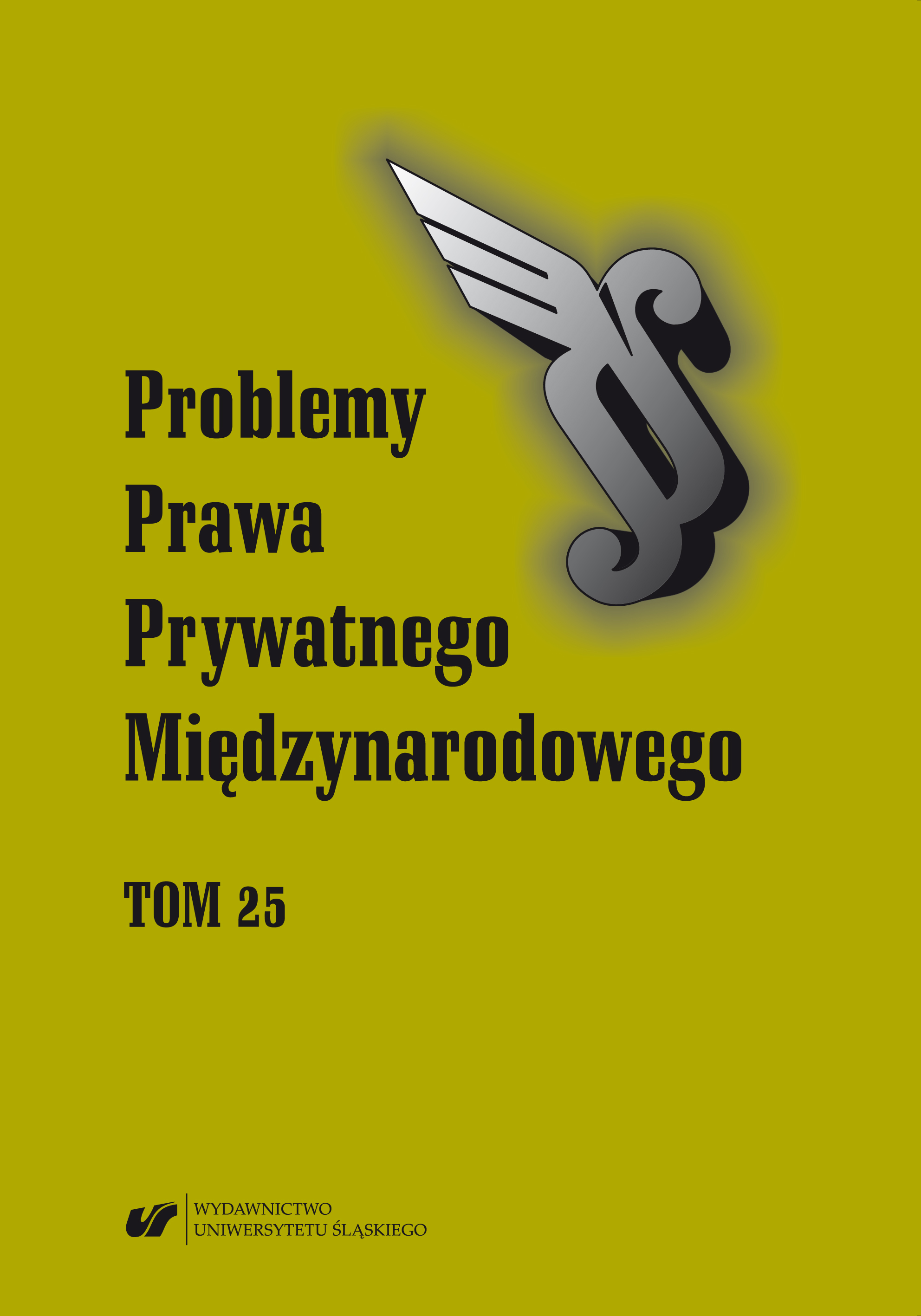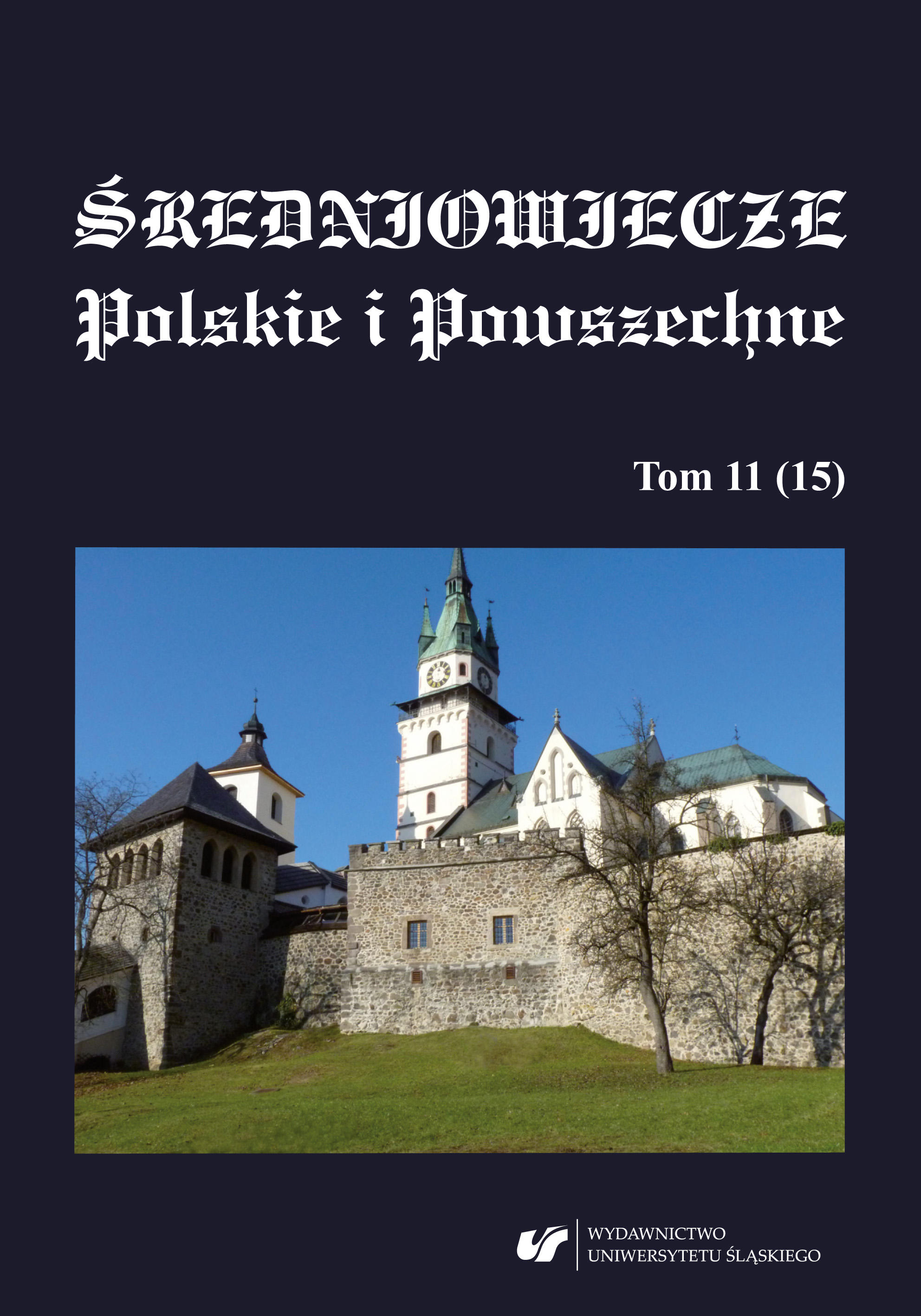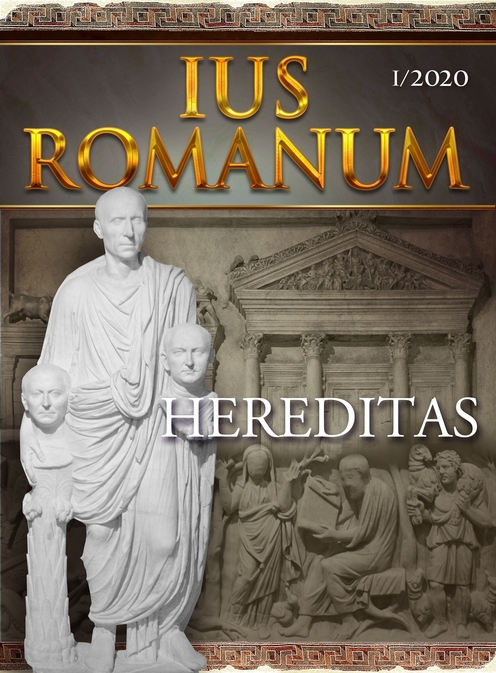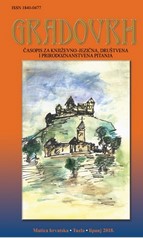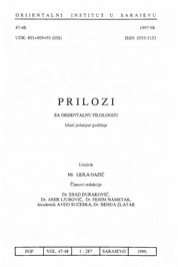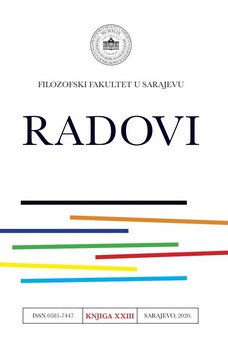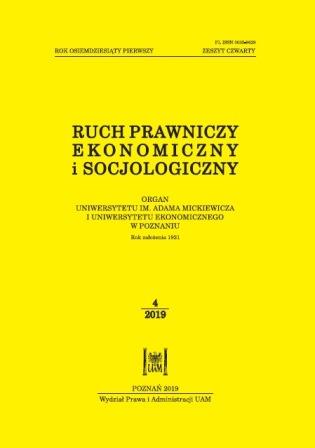
Rola filozofii ubuntu w rozliczeniach z przeszłością w Republice Południowej Afryki i wybranych obszarach południowoafrykańskiego prawa
The inauguration of Nelson Mandela as South Africa’s first democratic president on 10 May 1994 became a symbol of the end of apartheid and the beginning of a new chapter in the country’s history. As South African society was deeply divided, the 1993 Interim Constitution expressed the need for reconciliation between the people of South Africa and the reconstruction of its society. The legacy of apartheid was to be addressed based on ‘a need for understanding but not for vengeance, a need for reparation but not for retaliation, a need for ubuntu but not for victimization’. Due to its introduction into the Constitution, ubuntu – a philosophy of unity, cooperation, compassion and respect for human dignity, which originated in small African communities – became a source of values for the whole legal system. The goal of the text is to present the ubuntu philosophy and to describe its role in the South African transitional justice process and in selected areas of South African law (criminal law, evictions and defamation). On the whole, South Africa presents a unique case in which both the political transformation and the legal system were strongly shaped by the said philosophical and ethical concepts, which bear close resemblance to the idea of restorative justice.
More...

